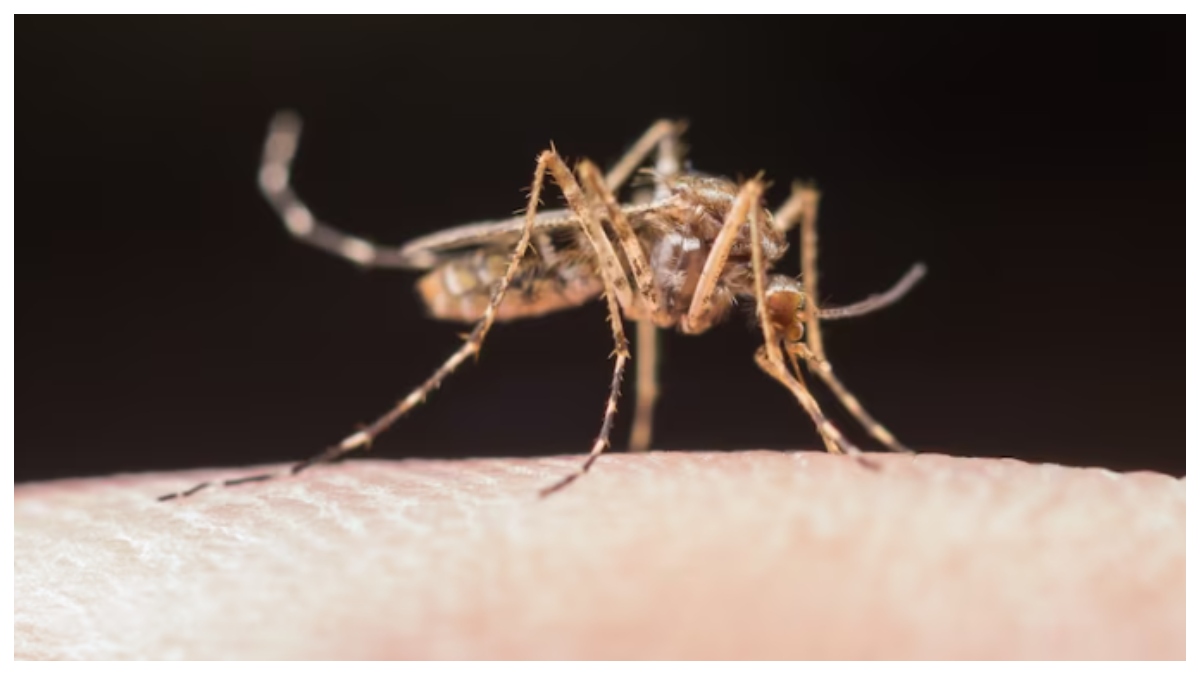Having a Mediterranean diet during pregnancy significantly improves the neuro-development of toddlers through the first two years of their lives, says a new Spanish study in JAMA Network Open. Not only that, researchers found that they also had better cognitive and social-emotional scores, which means they could think and communicate with the world around them.
So why is this study different from others on nutrition of would-be mothers? That’s because it emphasises the need for a proper diet than just relying on supplements. Since the Mediterranean diet emphasises vegetables, fruits and whole grains, lean meats and limits intake of red meat, dairy or processed foods, it can take care of the pregnant woman’s need for vitamins, minerals, proteins, calories and the good fat. “The positive findings in our study may be explained by the use of a healthy dietary pattern instead of supplementation with a specific nutrient… several dietary components, including long-chain polysaturated fatty acids, monosaturated fatty acids from extra virgin olive oil, antioxidant vitamins, dietary fibre and polyphenols, may explain the effects of the Mediterranean diet on reducing inflammatory and oxidative stress markers,” the researchers said.

Dr Neha Gupta, Senior Consultant, Obstetrics and Gynaecology, Fortis Hospital, Noida, is not surprised by the study. “There’s no doubt that brain development occurs in utero and in the first few years of life. So the foundational nutrition needs to be good. In fact, a Mediterranean diet has already been proven to reduce heart disease, diabetes and cognitive decline in adults. The earlier you start, the better. Even better when the child is conditioned to it,” she says.
How does the mother’s diet impact the eating patterns of a new-born child?
The flavours and nutrients from the foods she consumes can subtly impact the baby’s preferences and eating habits later in life. “When a pregnant woman eats a balanced diet rich in fruits, green vegetables, whole grains, and proteins, the flavours of these foods can pass through the amniotic fluid that surrounds the foetus. As the baby swallows the amniotic fluid, they are exposed to different tastes, which may mould their palate and familiarity with different flavours even before they are born. According to research, newborns whose mothers consumed certain foods while pregnant might be more accepting of such flavours after birth. For instance, if a woman regularly consumes a particular vegetable or spice while she is pregnant, her child may be more likely to prefer foods with the same flavours while growing up,” explains Dr Gupta.
How does eating impact the health of the foetus?

“The mother’s diet has a direct effect on the baby’s growth and development. A healthy diet that includes adequate intake of proteins, vitamins, minerals and vital fatty acids promotes the development of organs, prevents birth defects and strengthens the baby’s immune system. Proper nutrition contributes to healthy weight gain, stable blood sugar levels, and the development of a robust placenta. Nutrients like folic acid aid in preventing neural tube defects. Even long-term health is influenced by a mother’s diet, potentially lowering the chance of chronic illnesses in the baby,” says Dr Gupta.
What is the Indian equivalent of a Mediterranean diet?
The Mediterranean diet and style may not be an everyday ritual in many Indian homes but the fact that it focusses on plant-based foods means we can easily adapt it to our needs. “A local version of the Mediterranean diet could be centred around whole grains, legumes, vegetables, lean protein sources (like lentils, beans, dairy, lean meats and fish if preferred) and healthy fats (such as ghee, olive oil and nuts). Consume more brown rice, quinoa and millets such as bajra and ragi. Both of these millets can be used to make chapatis. Try to include protein sources in each meal. Add milk, curd and yoghurt to your diet to encourage the growth of healthy microbes,” says Dr Gupta.
To fulfil the daily quota of nutrients, particularly vitamins, the diet plan should include at least five servings of fruits and vegetables, three servings of dairy and dairy products and enough lean proteins for muscle development.
What do Indian expectant mothers do wrong?
Most Read
69th National Film Awards 2023 complete winners list: Rocketry, Alia Bhatt, Kriti Sanon, Allu Arjun win big
69th National Film Awards 2023 Live Updates: Kangana Ranaut responds as Alia Bhatt-Kriti Sanon win, Kriti gets hugs from loved ones
Some Indian expectant mothers might inadvertently miss out on essential nutrients due to cultural dietary practices. “A few potential mistakes include inadequate protein intake, limited consumption of dairy and calcium-rich foods, insufficient intake of iron and folic acid, avoiding certain food groups, excessive sugar intake and skipping meals. Seeking guidance from your OB-GYN can help address any diet issues and ensure that expecting mothers receive the necessary nutrients for their well-being and the optimal growth of their babies,” says Dr Gupta.
What intensity and kind of physical exercises should be done during pregnancy?
Of course, the benefits of diet cannot be availed without a matching physical activity pattern. Physical exercise during pregnancy has many benefits, including better stamina, improved health and weight management. And Dr Gupta feels there is a way of adapting usual routines. “Focus on doing gentle workouts that increase your heart rate without leaving you feeling overly exhausted or out of breath. Pushing yourself to the limit during pregnancy is not advised. Avoid overexertion at all costs, especially when it’s hot or humid outside. Low-impact activities such as walking, swimming, prenatal yoga, pelvic floor exercises and stretching are generally safe and beneficial for expectant mothers. Avoid exercises that pose a risk of falls, overexertion, or excessive strain, especially on the abdominal area. Always consult your doctor before starting or continuing any exercise routine,” she says.






































